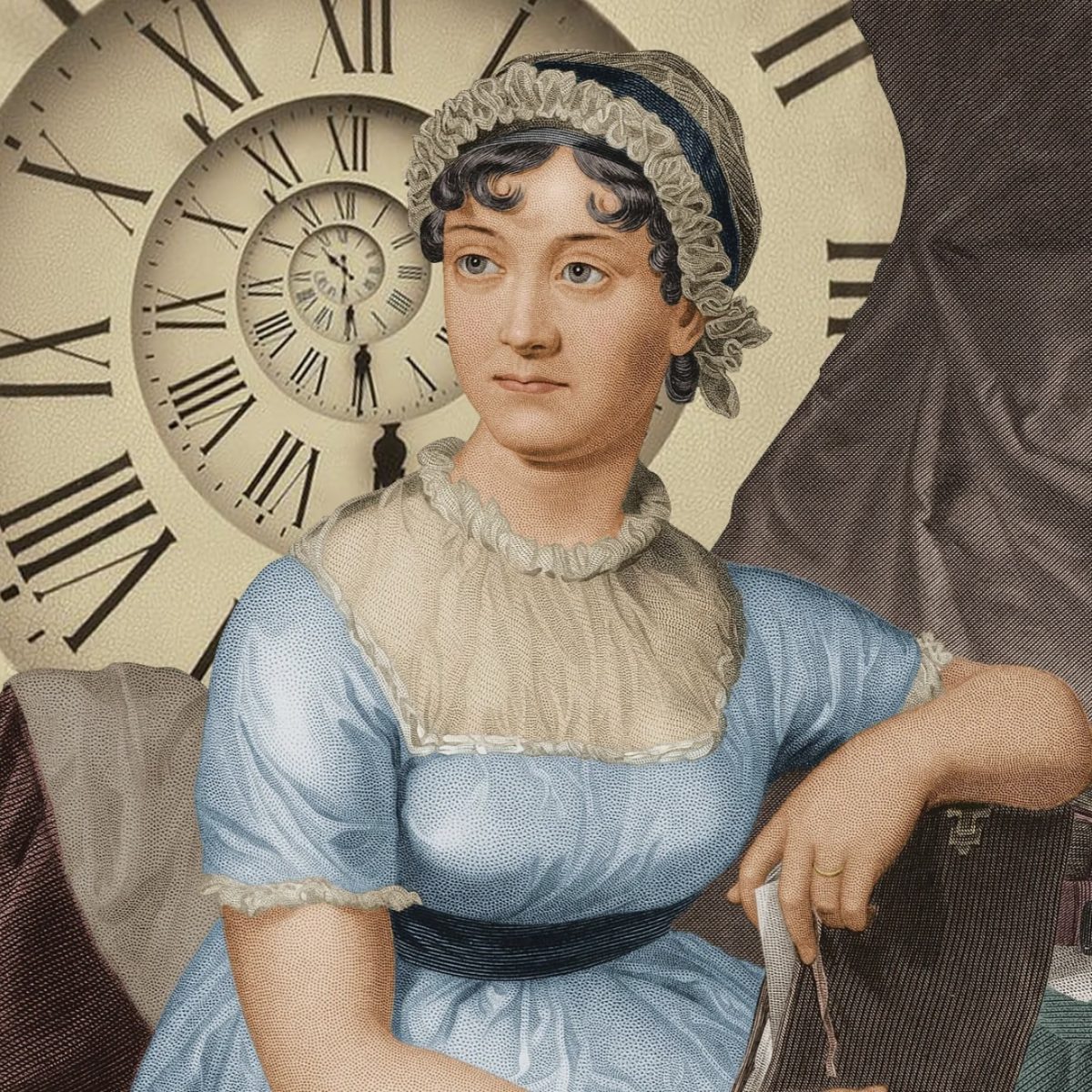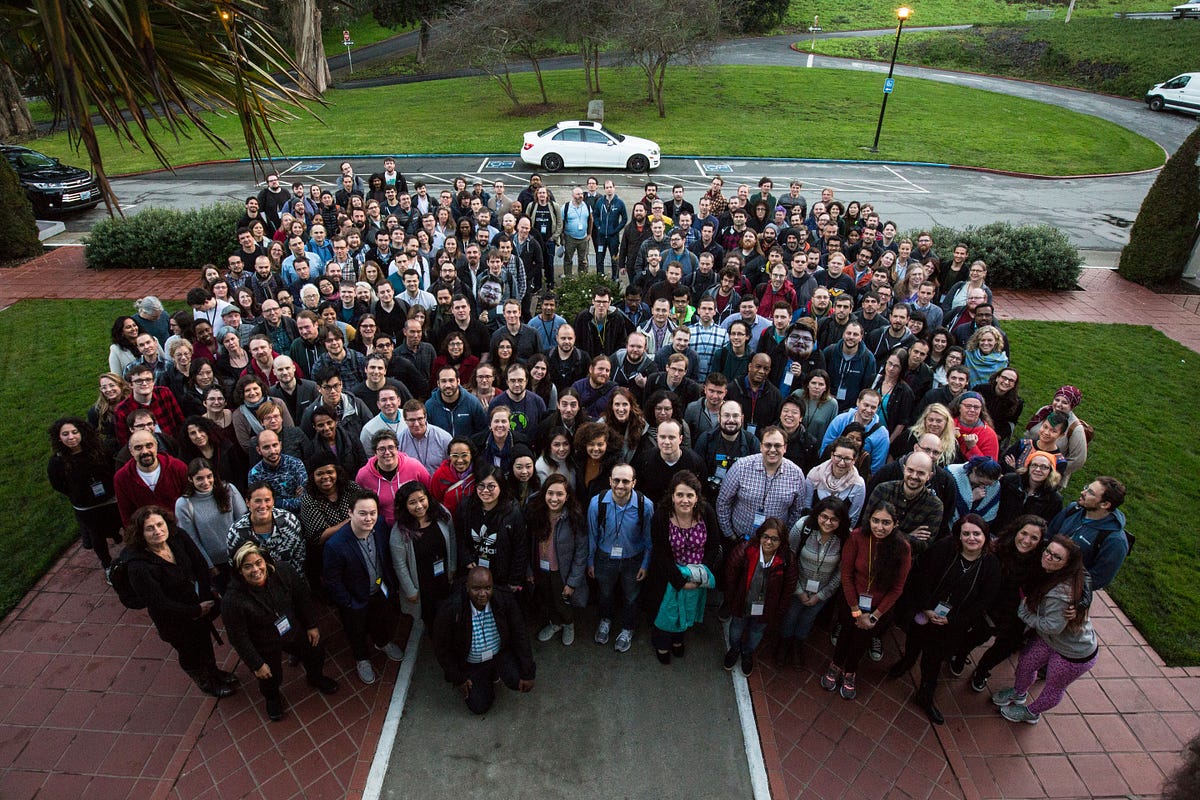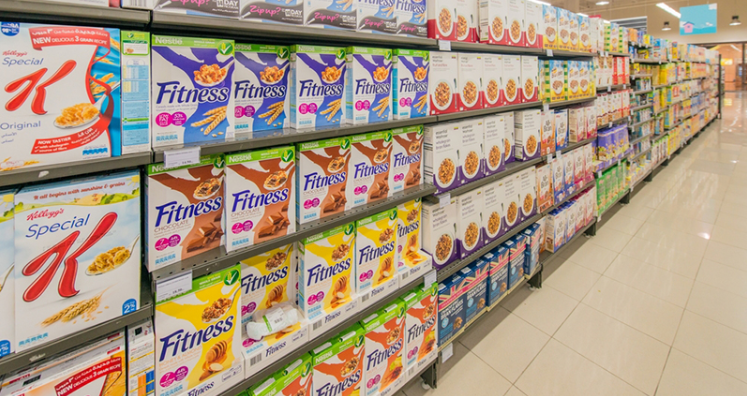Cereal Killers
Box after box of sugary cereals that claim to be healthy line the aisles of supermarkets all over the U.S.
March 23, 2023
The Kellogg’s slogan “part of a complete breakfast” was spoken into existence roughly a century ago. This slogan was used to persuade consumers to include cereal, which had just recently been invented, into their breakfast because of its nutritional value.
In 1963, PepsiCo Inc. invented the American favorite Cap’n Crunch, and Cap’n Crunch adopted this “part of a complete breakfast” slogan in their advertising. If 30 grams of sugar and a quarter of your recommended daily sodium intake qualifies as part of a complete breakfast, then I suppose it’s fair for PepsiCo and General Mills to not only claim that their products are part of a complete breakfast, but to even go as far as to label them “healthy.”
The Food and Drug Administration (FDA) has recently created a set of guidelines that a food product must abide by to qualify for a “healthy stamp,” and cereal companies Post Holdings and General Mills are not happy about this, as their cereals obviously don’t qualify. As a matter of fact, they were so upset that Post Holdings even attempted to take the FDA to court for the matter. The case was later settled for $15,000,000 and Post Holdings agreed to drop health-focused label claims.
The FDA determined that per serving, cereals must contain at least three-fourths of an ounce of whole grains, and less than a gram of saturated fat, 230 milligrams of sodium and 2.5 grams of added sugars. This is a good thing. Food companies for decades have gotten away with portraying their products as healthy to people who simply don’t know better. One could argue that people should make more of an effort to learn what it is they put in their bodies every day, but that’s beside the point.
Sugar is the biggest contributor to the obesity epidemic in the U.S., accompanied by portion control. Both Lucky Charms and Fruity Pebbles contain more than four times the average amount of added sugar to be considered healthy in just one cup, and if we’re being honest, no nine-year-old is taking the time to measure out exactly one cup of Lucky Charms. Any kid I know is filling a 12 ounce bowl to the brim with whatever sugary cereal they desire, meaning they’re consuming at least 150% of the “nutrients” these companies claim their cereals provide.
The greed displayed by corporations in the U.S. is to the point where multi-billion dollar corporations can lobby against regulations that are created for the sake of children’s health. The FDA was right for creating this regulation, and quite frankly it was way overdue.



















